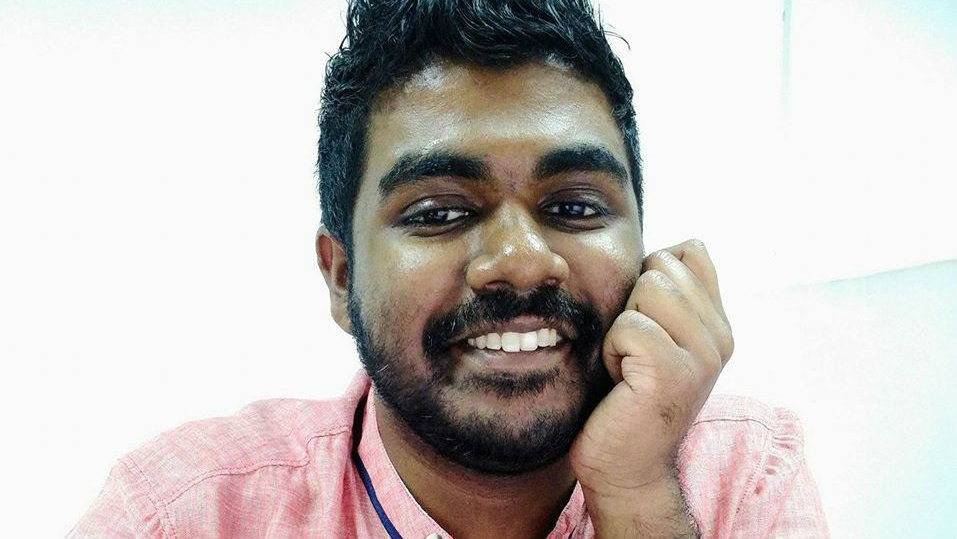Remembering Yameen
The Maldives Independent sat down with murdered blogger Yamin Rasheed’s mother Mariyam Shafeega and sister Yumna Rasheed as they mourned and remembered the young man who inspired many with his writing, empathy and activism.

29 Apr 2017, 09:00
The Maldives Independent’s Saya Ahmed and Hassan Moosa sat down with murdered blogger Yamin Rasheed’s mother Mariyam Shafeega and sister Yumna Rasheed to remember the young man who inspired so many with his writing, empathy and activism.
Saya: Could you tell us about who Yameen was as a person, as a brother, as a son. Can you describe him from childhood onwards?
Mariyam Shafeega: He was a very good boy, as a person, as a brother, and even as a son. I’m not saying this because I’m his mother, a lot of people who knew Yameen would agree with that.
When we lived in India, our home was a house many people visited, so quite a lot of people would know that. People would say everyone would see their child as good, but truthfully he was a very mild-mannered person, even from the beginning from the childhood, he was very quiet and good.
Become a member
Get full access to our archive and personalise your experience.
Already a member?
Discussion
No comments yet. Be the first to share your thoughts!
No comments yet. Be the first to join the conversation!
Join the Conversation
Sign in to share your thoughts under an alias and take part in the discussion. Independent journalism thrives on open, respectful debate — your voice matters.




